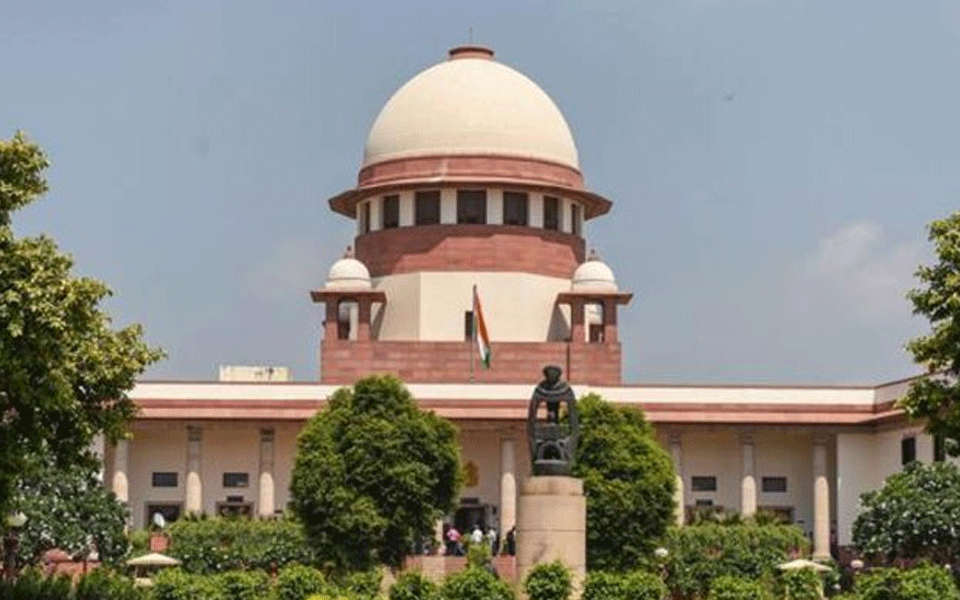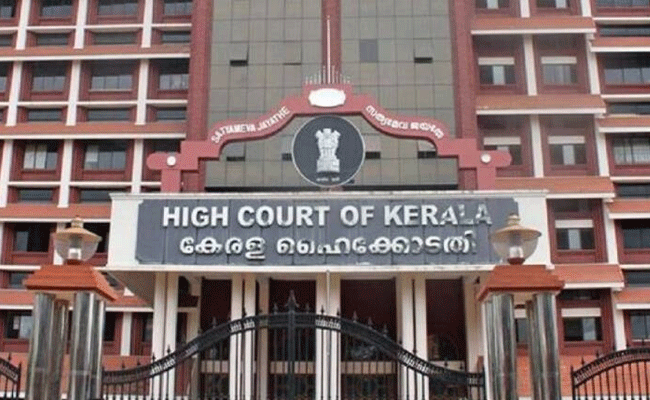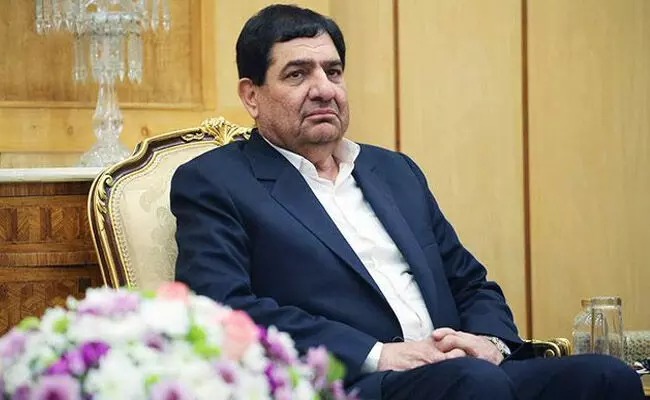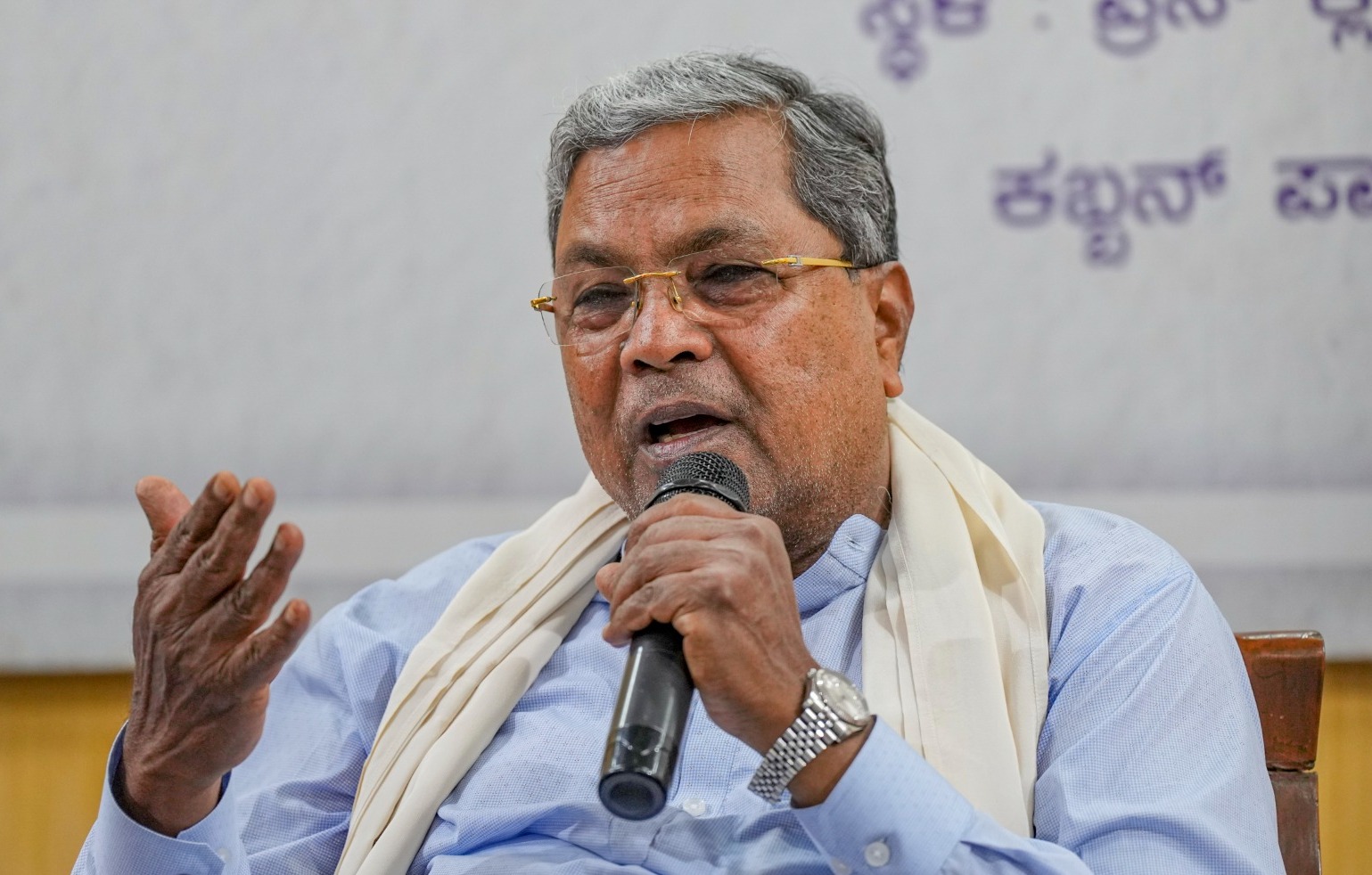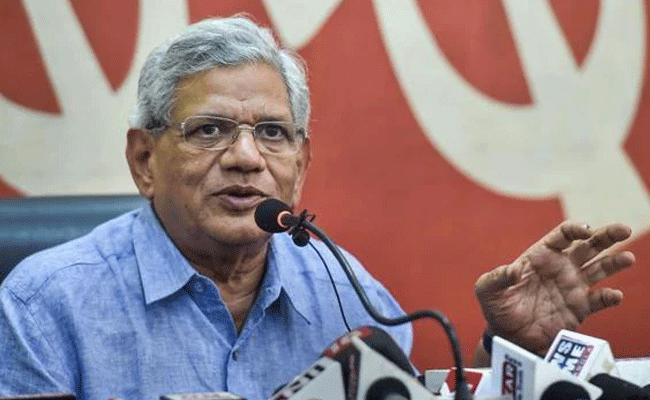New Delhi: Veteran journalists N Ram and Sashi Kumar have moved the Supreme Court seeking an independent probe by its sitting or retired judge into the reports of alleged snooping by government agencies on eminent citizens, politicians and scribes by using Israeli spyware Pegasus.
The petition, likely to come up for hearing within next few days, sought to investigate if the illegal hacking into the phones using the Pegasus spyware represented an attempt by agencies and organisations to muzzle and chill the exercise of free speech and expression of dissent in India.
It also sought a direction to the Centre to disclose if the government or any of its agencies obtained license for Pegasus spyware and used it, either directly or indirectly, to conduct surveillance in any manner.
The petitioners claimed that investigation involving several leading publications around the world has revealed that more than 142 Indians, including journalists, lawyers, government ministers, opposition politicians, constitutional functionaries and civil society activists, have been identified as potential targets for surveillance using Pegasus software.
It claimed that the forensic analysis of several mobile phones belonging to persons targeted for surveillance by the Security Lab of Amnesty International have confirmed Pegasus-induced security breaches.
The targeted surveillance using military-grade spyware is an unacceptable violation of the right to privacy which has been held to be a fundamental right under Articles 14 (equality before the law), 19 (freedom of speech and expression) and 21 (protection of life and personal liberty) by the Supreme Court, it added.
It said the targeted hacking of phones belonging to journalists, doctors, lawyers, civil society activists, government ministers and opposition politicians seriously compromises the effective exercise of the fundamental right to free speech and expression under Article 19(1)(a) of the Constitution.
It has an obvious chilling effect on expression by threatening invasion into the most core and private aspects of a person's life, it claimed.
It claimed that the hack occasioned by the Pegasus spyware constituted a criminal offence punishable under interalia Section 66 (computer related offences), 66B (punishment for dishonestly receiving stolen computer resource or communication device), 66E (punishment for violation of privacy) and 66F (punishment for cyberterrorism) of the IT Act, punishable with imprisonment and/or fine.
The attack prima facie constitutes an act of cyber-terrorism that has several grave political and security ramifications, especially considering that the devices of government ministers, senior political figures and constitutional functionaries which may contain sensitive information have been targeted, it added.
Earlier, a petition was filed by a lawyer before the apex court seeking a court-monitored probe by a Special Investigation Team (SIT) into the snooping row.
Let the Truth be known. If you read VB and like VB, please be a VB Supporter and Help us deliver the Truth to one and all.
Kochi (PTI): The Kerala High Court on Monday upheld the death sentence given by a sessions court to the perpetrator, Ameerul Islam, in the 2016 rape and murder of a 30-year-old Dalit law student in the state.
A division bench of the high court upheld the death penalty, dismissing the appeal filed by the convict challenging the sessions court verdict. The confirmation of the capital punishment was also made based on the death sentence reference from the sessions court.
Islam was charged with raping and murdering the woman at Perumbavoor on April 28, 2016.
He brutally assaulted the woman, who hailed from a poor family, using sharp-edged weapons before murdering her at her house.
In 2017, the Ernakulam Principal Sessions court awarded the death penalty to Islam, a migrant labourer from Assam, for committing the murder.
Islam was found guilty by the sessions court under various sections of the IPC, including 449 (house trespass to commit an offence punishable with death), 342 (punishment for wrongful confinement), 302 (murder), 376 (rape), and 376 (A) (causing death or causing the woman to be in a persistent vegetative state while committing rape).
The Special Investigation Team that probed the case used DNA technology and verification of call record details to prove Islam's role in the crime.
Islam, who had left Perumbavoor soon after committing the crime, was arrested from Kancheepuram in neighbouring Tamil Nadu, 50 days after he committed the gruesome crime.
More than 100 police personnel questioned over 1,500 people in the case.
Fingerprints of over 5,000 people were also examined by the SIT personnel, who went through over 20 lakh telephonic conversations before tracing Islam.

